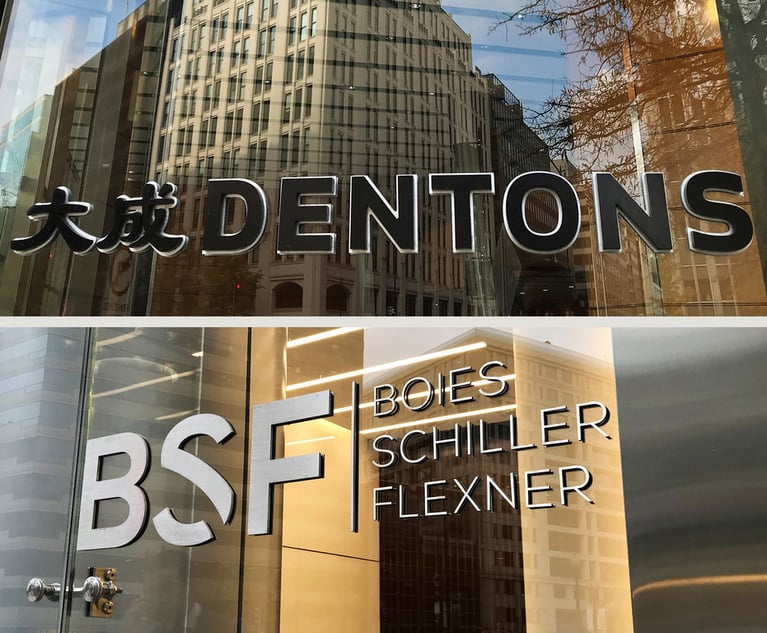 A New York attorney was retained by a disabled New York resident to bring a civil action in federal court to obtain an injunction compelling a place of public accommodation, without a wheelchair ramp, to make it wheelchair accessible. See ADA Title III, Reg 28 CFR §36.501 Private suits; §36.501. (b). The client could only travel out of his house in a wheelchair, with the help of his daughter. The attorney was retained, without a written retainer agreement, after a telephone conversation during which he obtained the clients’ name, address, telephone number, and email address. The attorney agreed to represent the client without fees, willing to rely solely on an anticipated court award of legal fees from the defendant. The Americans with Disabilities Act (ADA) provides that the court may allow the prevailing party reasonable attorney fee, including litigation expenses and costs. See 42 U.S.C.A. §12188 (a)(2).
A New York attorney was retained by a disabled New York resident to bring a civil action in federal court to obtain an injunction compelling a place of public accommodation, without a wheelchair ramp, to make it wheelchair accessible. See ADA Title III, Reg 28 CFR §36.501 Private suits; §36.501. (b). The client could only travel out of his house in a wheelchair, with the help of his daughter. The attorney was retained, without a written retainer agreement, after a telephone conversation during which he obtained the clients’ name, address, telephone number, and email address. The attorney agreed to represent the client without fees, willing to rely solely on an anticipated court award of legal fees from the defendant. The Americans with Disabilities Act (ADA) provides that the court may allow the prevailing party reasonable attorney fee, including litigation expenses and costs. See 42 U.S.C.A. §12188 (a)(2).
After the attorney served the verified complaint and issue was joined, the client informed the attorney that he would be going with his daughter to Florida for the winter and would be in touch with him to let him know where he will be staying. The attorney was then served with discovery demands, and when he attempted to contact the client by telephone to obtain his HIPPA authorization, he discovered that the telephone number he had been given was temporarily out of service. When he attempted to contact the client by email, the email was returned as undeliverable. The defendant moved to dismiss the case for failure to comply with the discovery demand. What is the lawyer’s obligation to communicate with his missing client? Must he oppose the motion? Can he oppose the motion? Can he protect the client by settlement where he consents to the dismissal?






